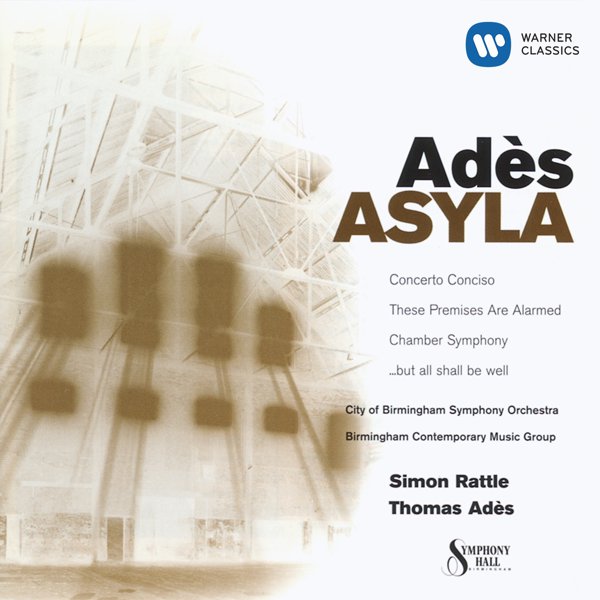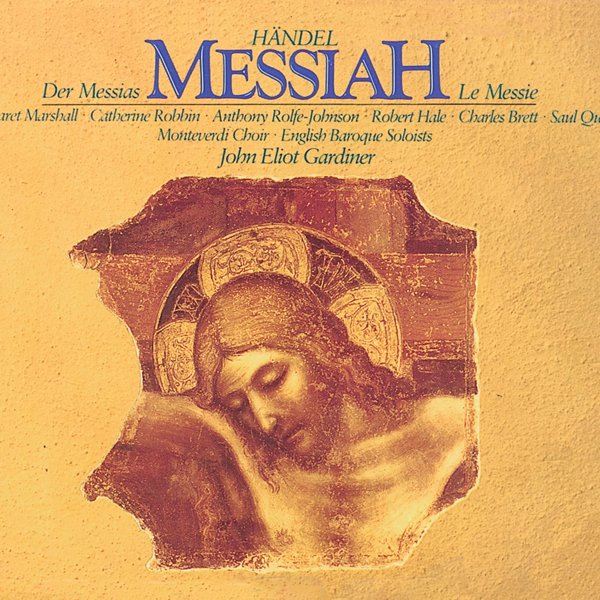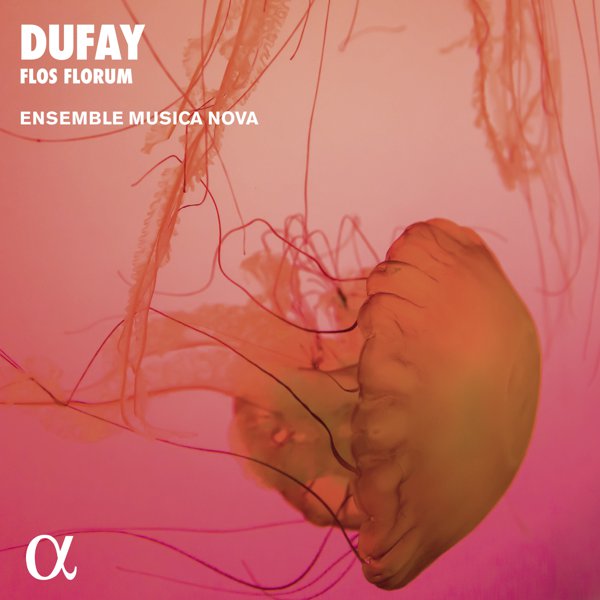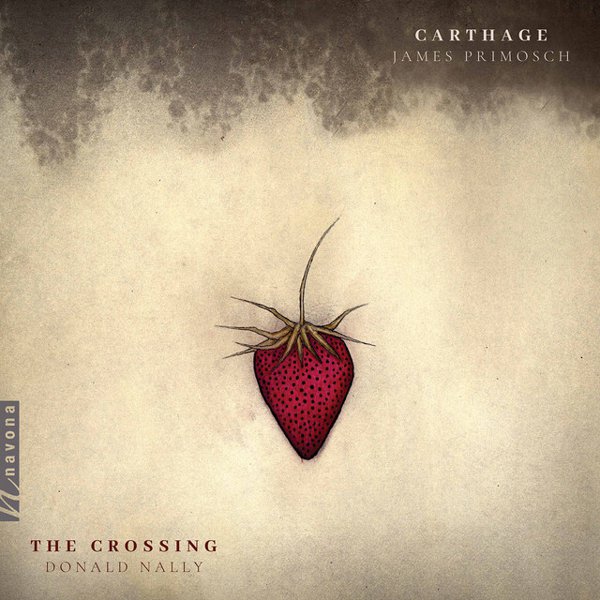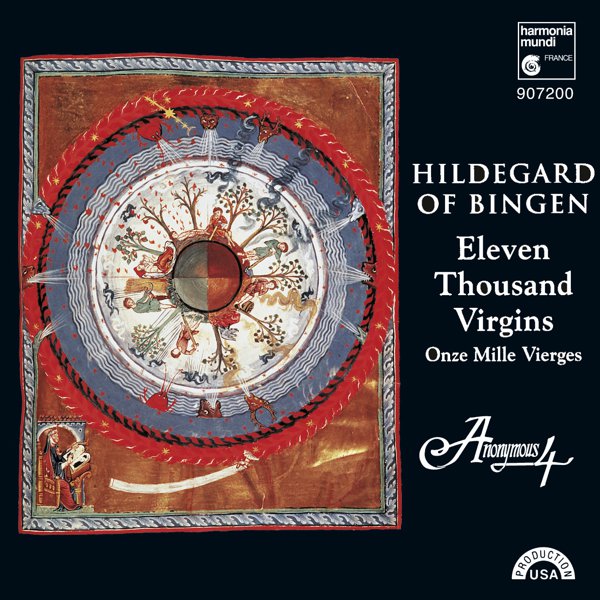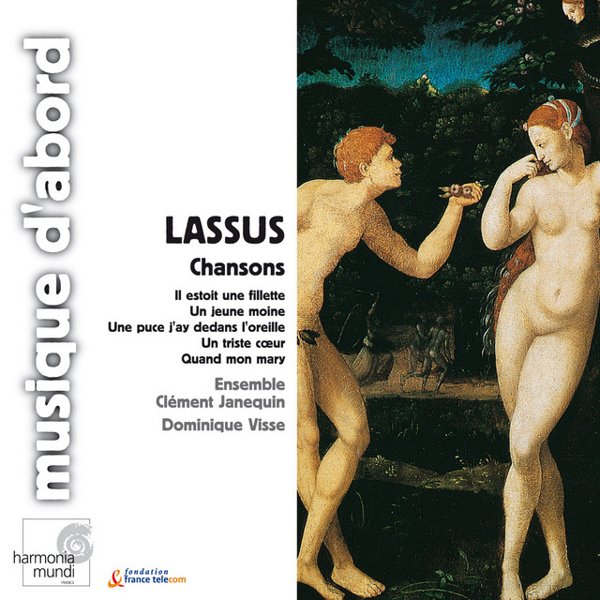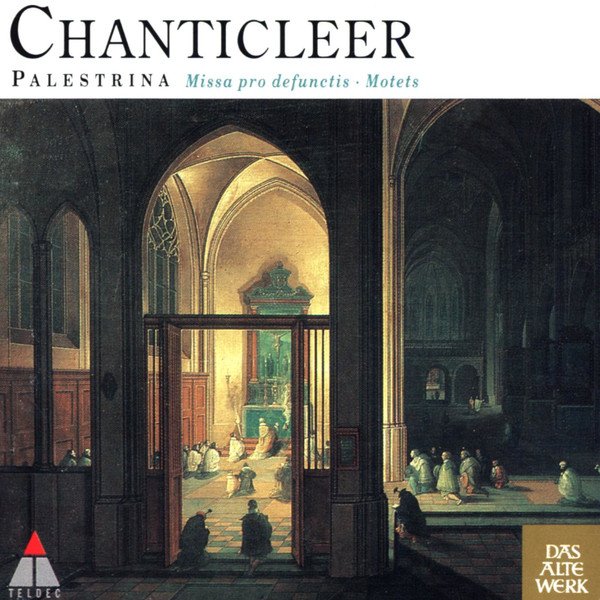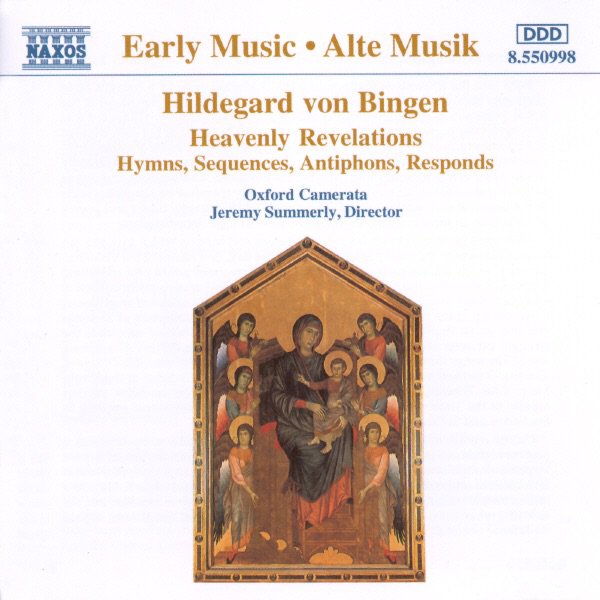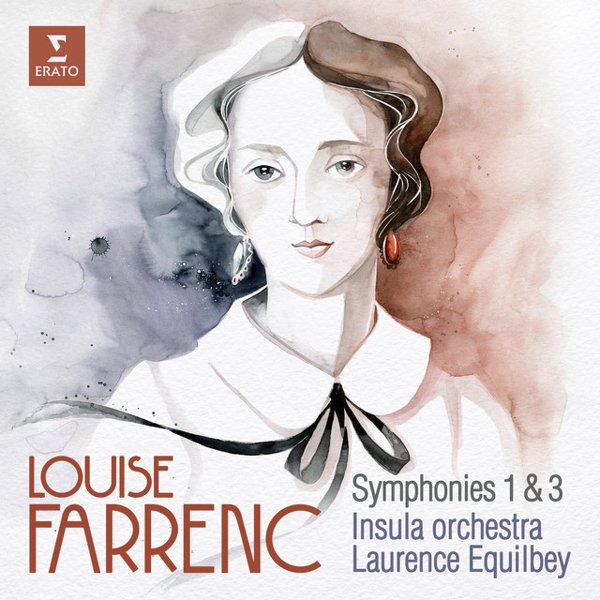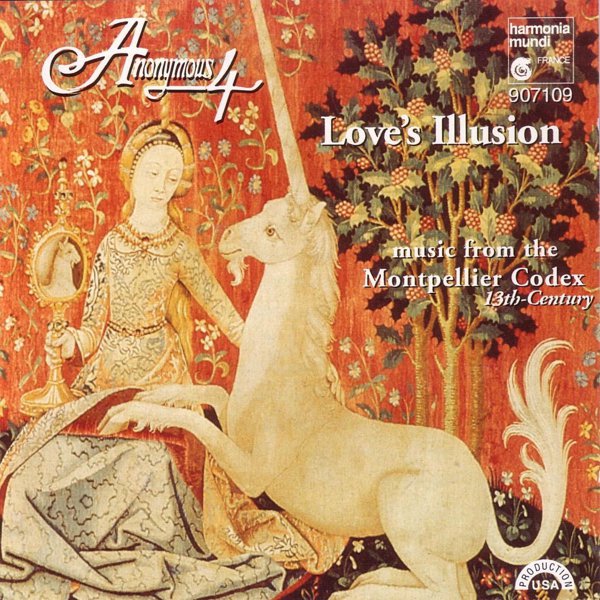
Love’s Illusion (Music From The Montpellier Codex 13th-Century)
Released
The Montpellier Codex is the most famous collection of polyphony from the 13th century, and Anonymous 4’s is the most successful, satisfying contemporary animation of it. The short motet, “Ne sai que je die,” for instance, showcases the group’s athletic unison singing. It is one of many pieces from the Codex that become easily digestible in the hands of Anonymous 4. Those seeking complexity, though, will also find it here, as these pieces often pile melodies, texts, and meanings into single, compressed wholes.

